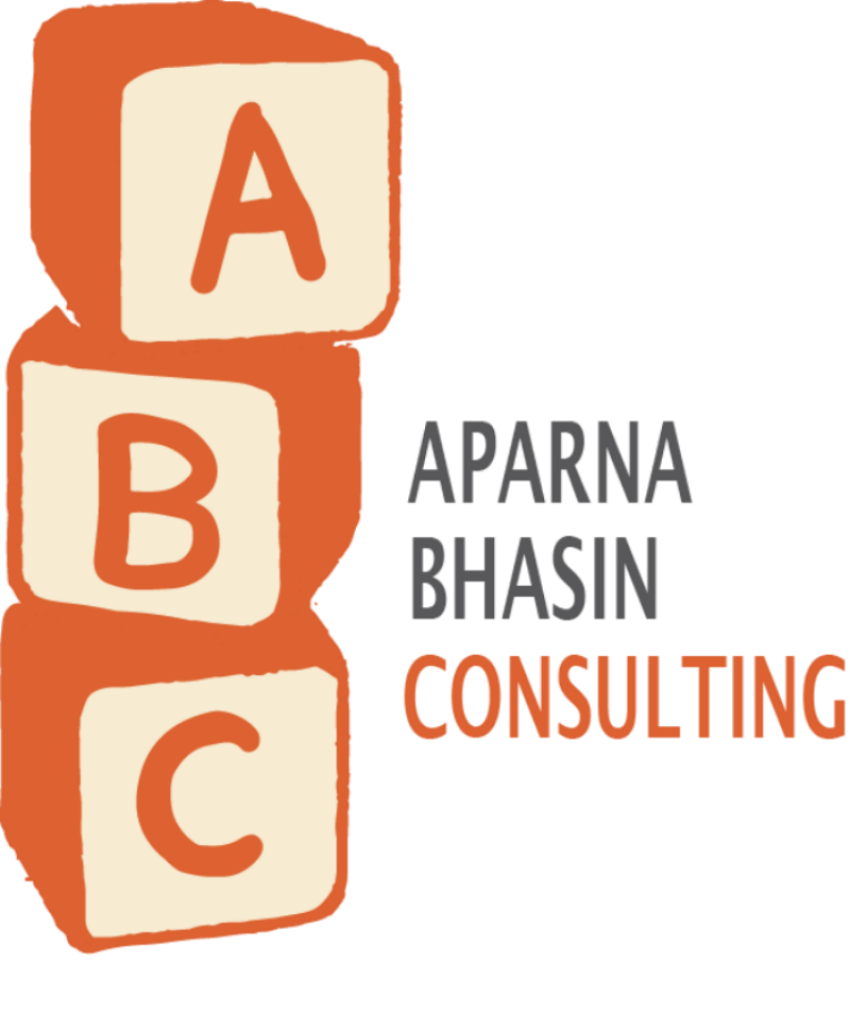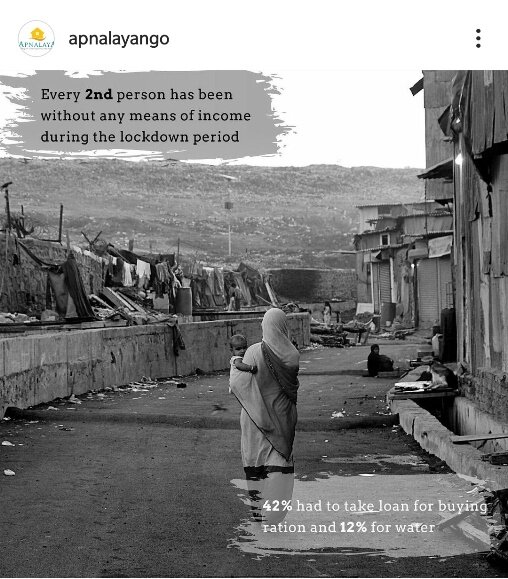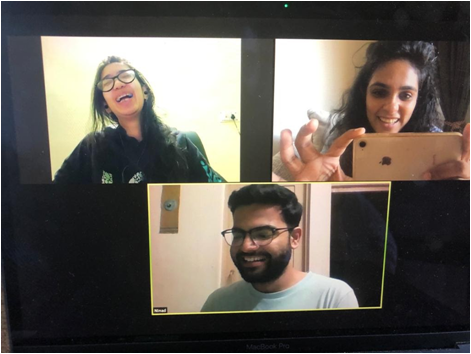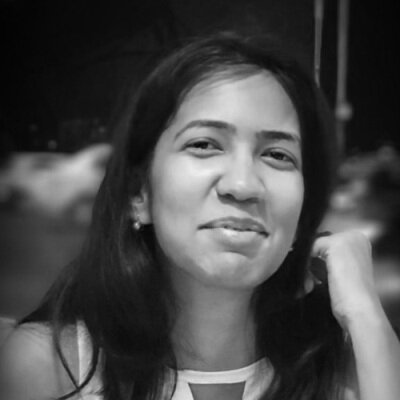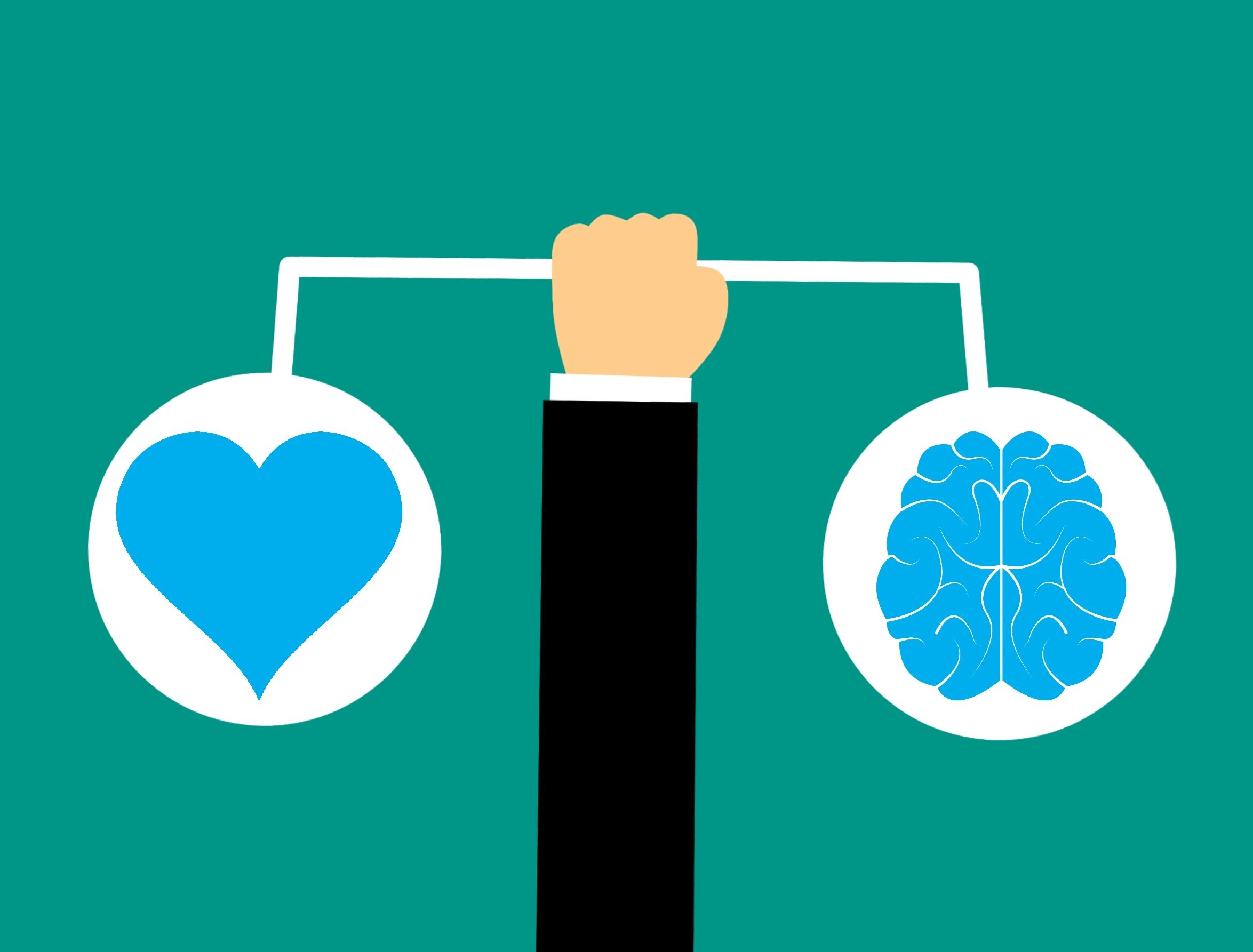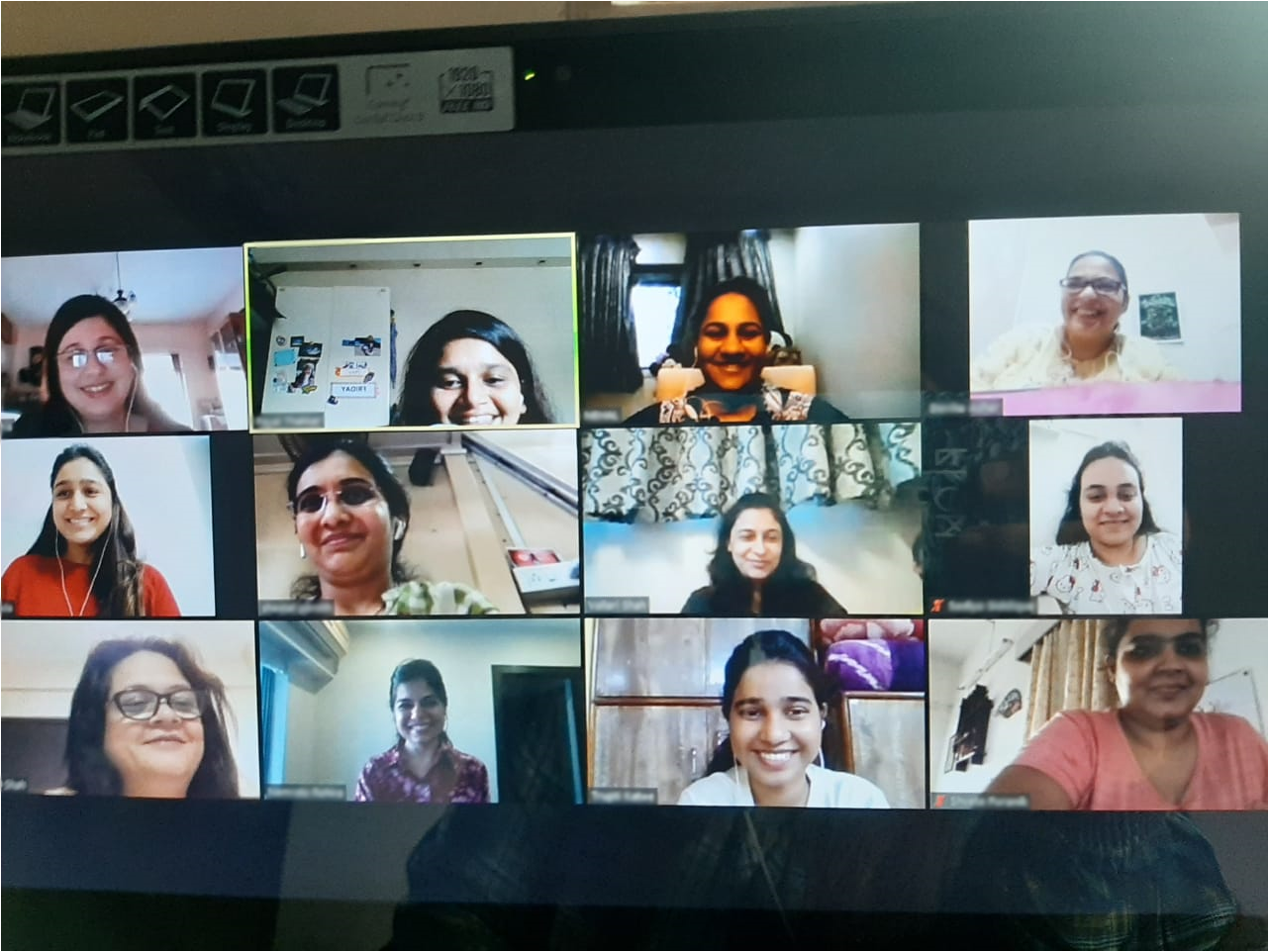Based on experiences with partners over the last few years we have come to recognise Strategic Advisory as an independent and core vertical of ABC.
The impact of COVID-19 and the lockdown for many of our partners resulted in disruptions to programme operations, raising questions around the best way forward in uncertain times and unforeseen circumstances. This period also gave some organisations the space to prioritise reflection and internal development. For others, the realities of the unfolding crisis brought with it new priorities, perspectives, and programmatic needs. For us, this organically created an opportunity to collaborate with our partners through their processes of reflection and reinvention.
The Lighthouse Project
One of our longest standing partner organisations - The Lighthouse Project runs a Mumbai-based youth mentoring program. Prior to the pandemic we had already collaboratively begun to revisit organisational and programmatic strategy. Our role was to facilitate their uncovering of successes, challenges and core values. The pandemic allowed both our teams to dedicate the time necessary to move through this process much more quickly.
We started by helping their team review past assessments and evaluations, reexamining goals and objectives, and providing guidance on good practice through the evidence base. We used this as the base of our workshops together.
The workshops of course were all online, which actually provided us with the unique opportunity of sharing screens and creating joint documents, and honestly experimenting together (you can read more about our transition to remote working here). We started at the very beginning with their core values, the needs of their beneficiaries, and of course their vision. Step by step we then worked through the strategy of an evolving programme, constantly keeping in mind the age group, the context and the successes they have had. The end result was a logic model that connects the dots between age groups towards their renewed goal of building socially conscious and contributing citizens.
The strategic plan was then developed into a programme model. We are excited to continue our partnership as we work on the curriculum and content for the pilot.
A slide detailing a Theory of Change, from our project output provided to The Lighthouse Project
Dharohar
Dharohar is an Udaipur-based organisation which runs multiple verticals including one focused on learning and development. Their education vertical has multiple programme elements that they provide to the local community in a variety of different ways. Our work together was focused on synthesising all of these elements into a strategy that reflects both who they are and how they work. The aim was to document a strategy that can be easily and effectively communicated outwards.
The process for ‘Facilitating Program Design and Development’ as presented in our proposal to Dharohar
The above image details the phases of our work. We started the gruelling process of building a logic model together - articulating short, medium and long-term objectives. We then supported the project team in running co-creation sessions with a variety of different stakeholders. Co-creation brings in end users to design programmes together with the project team, therefore ensuring that programmes truly reflect the needs and wants of the community. They co-created learning programmes with children, college students and working professionals.
We, at ABC, are now in the last stage of this project where we are supporting their team in finding ways to effectively and simply communicate their strategy.
Apnalaya
Our third partnership in the strategy domain was related directly to the impact of COVID-19 on our partner’s beneficiary communities. Apnalaya, is an NGO which aims to empower the urban poor in the Shivaji Nagar slums, a large cluster in M East Ward of Mumbai. This area has some of the worst Human Development outcomes of all areas in the city.
Apnalaya, in partnership with other Civil Society Organisations working in the area, led relief efforts in the community during the pandemic and lockdown. The marginalised communities were especially vulnerable and distressed during the pandemic due to the inter-sectional nature of the risks they face. However they also realised that their programs and community engagement would need to be revisited in the medium to long term, based on the emergent realities on the ground. To address this need we partnered with Apnalaya to conduct a Community Needs Assessment of Shivaji Nagar with a focus on livelihoods, nutrition, health and sanitation. The study aims at providing evidence-based strategy recommendations for Apnalaya, using which they can most effectively support communities in a post-COVID world.
Findings from Apnalaya’s Rapid Assessment, which led to the more comprehensive Community Needs Assessment (Photo via Apnalaya on Instagram)
The past year has given us the opportunity to work within the strategy advisory vertical in a multi-faceted way. We strongly believe that strategy design and development is never fully complete due to the emphasis we place on iteration using insights from actual implementation. However, we are glad to contribute well-grounded research and a cause-and-effect understanding of programmes as a solid starting point.
